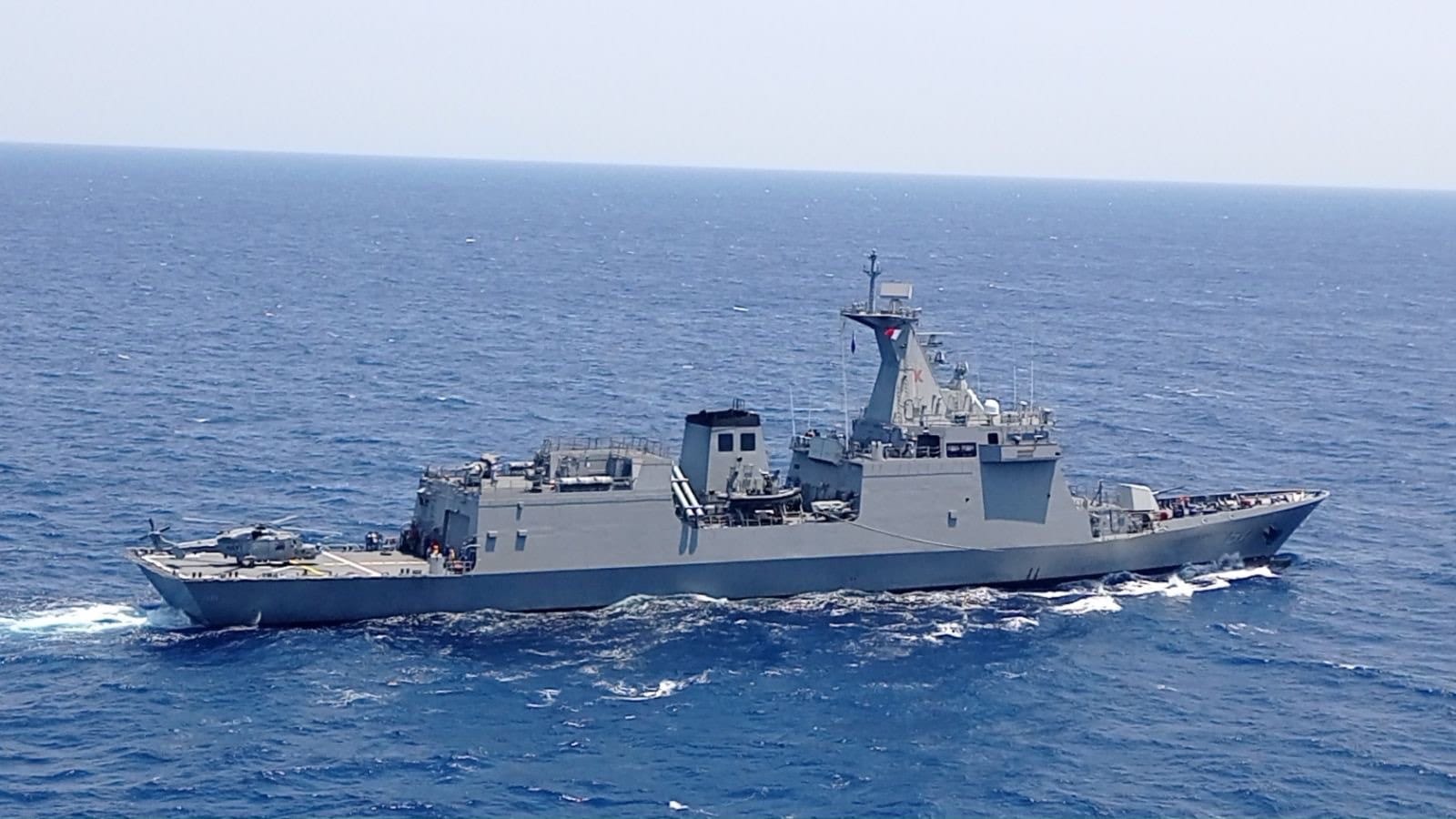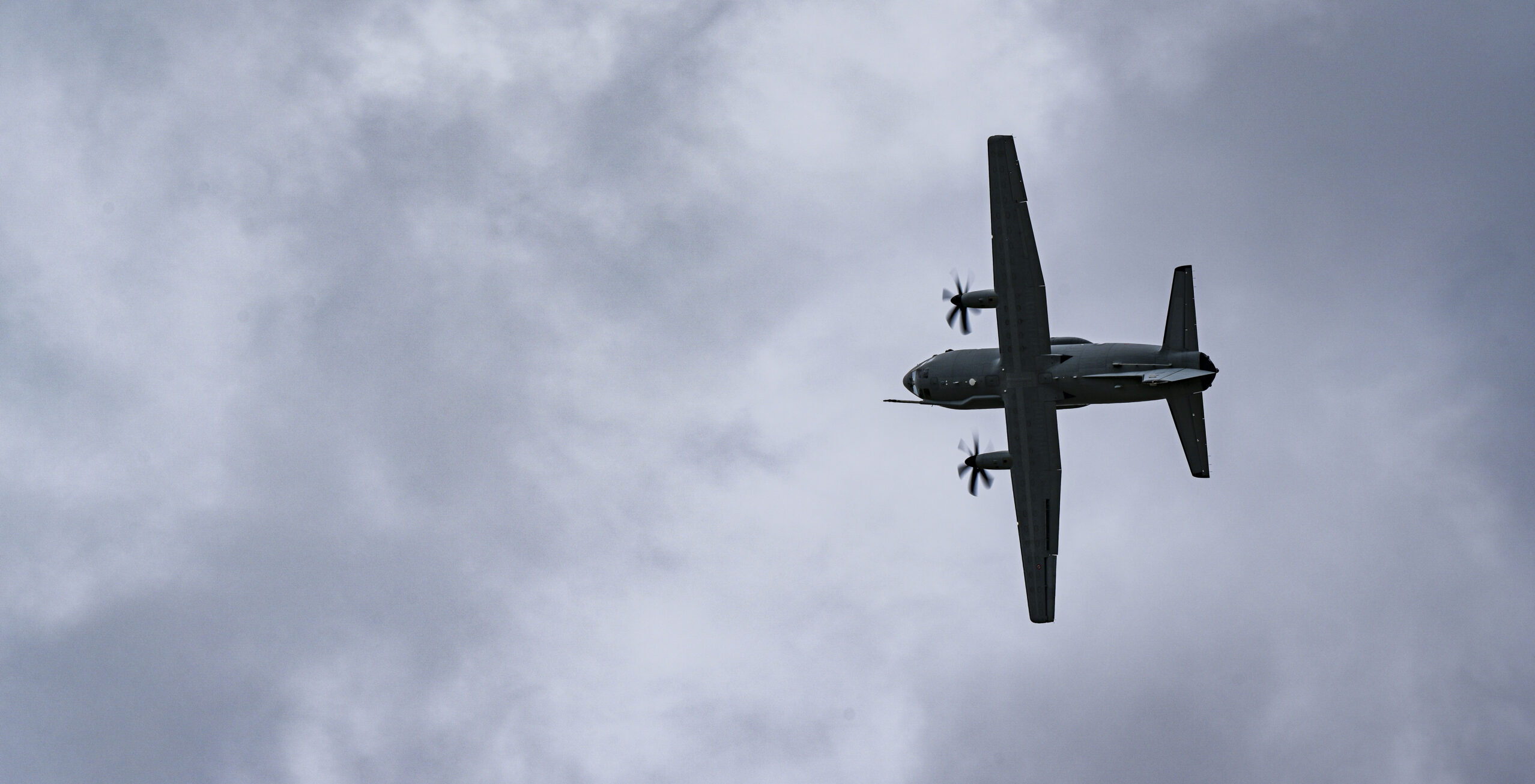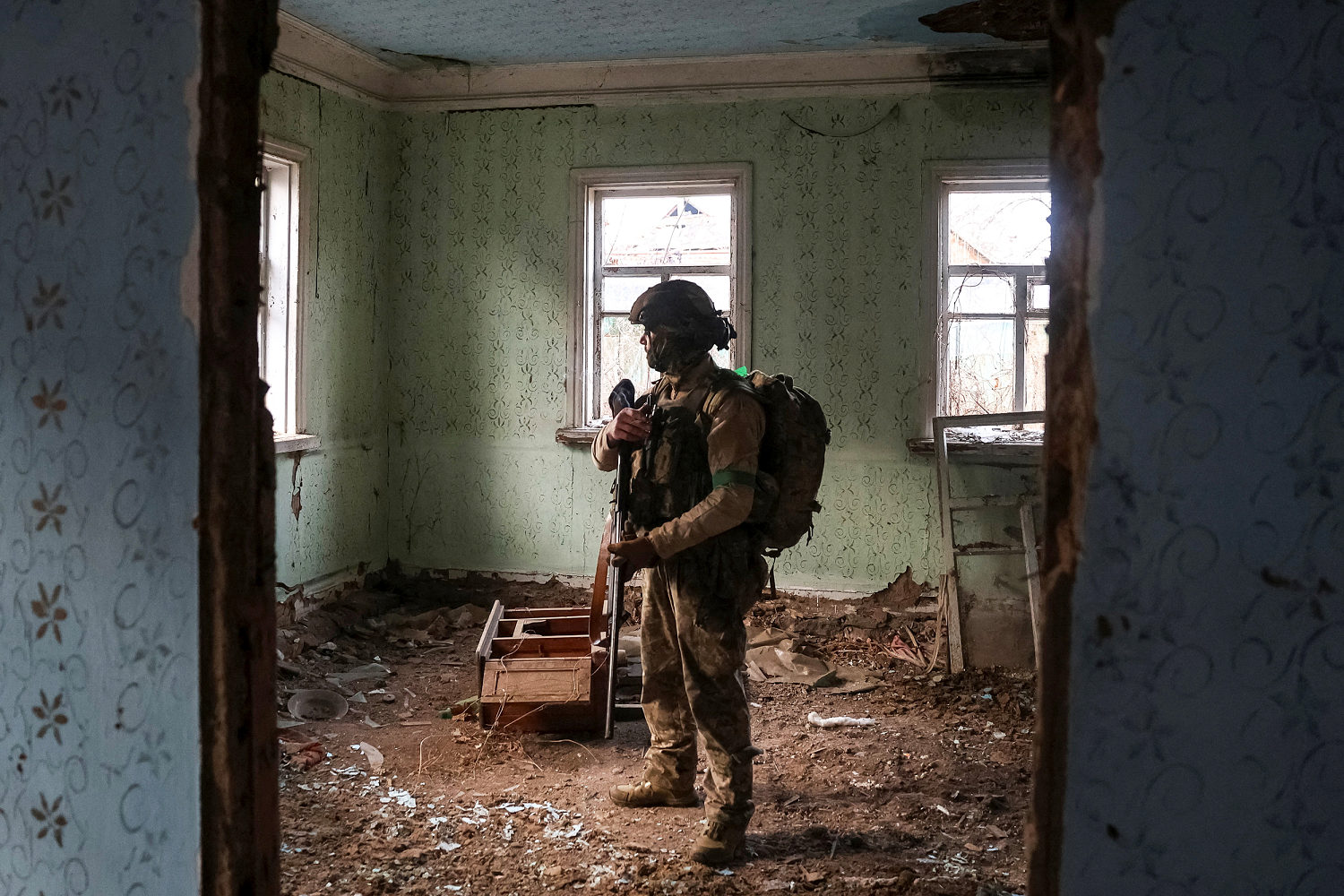UN human rights experts have raised serious concerns regarding recent US military actions in the Caribbean and Eastern Pacific, describing them as “potential war crimes” under international maritime law. The experts criticized what they termed “repeated and systematic lethal attacks” conducted by the US against vessels suspected of drug trafficking, which began on September 2, 2023.
According to the three UN experts, these strikes appear to constitute “unlawful killings,” lacking any legal framework or due process. They emphasized that there was no effort made to apprehend individuals or provide evidence justifying the actions taken against these vessels. The experts contended that the strikes did not meet the criteria for “national self-defense” and did not target individuals posing an imminent threat to life.
The strikes, which reportedly resulted in 64 fatalities and three survivors, have drawn criticism from various quarters. The US government has been urged to halt these operations and initiate an investigation into the circumstances surrounding them.
Secretary of Defense Pete Hegseth defended the strikes in a letter after the initial attack, asserting that they were a necessary response to “extraordinarily violent drug trafficking cartels… designated as terrorist organizations.” He argued that these groups pose a significant threat to US citizens and national security. Additionally, in a post on X (formerly Twitter) dated October 28, Hegseth stated, “These narco-terrorists have killed more Americans than Al-Qaeda, and they will be treated the same. We will track them, we will network them, and then, we will hunt and kill them.”
Legal Framework and Controversies
The United Nations Convention on the Law of the Sea (UNCLOS) does not explicitly prohibit military strikes in international waters but does advocate for the “freedom of the high seas” and their use for peaceful purposes. While the US is a signatory to UNCLOS, it has faced scrutiny over its adherence to the convention’s principles.
The US government claims that its actions are justified under the UN Charter, which allows for self-defense in the event of an armed attack. This justification must remain necessary and proportionate in accordance with customary law. However, the classification of cartel members as enemy combatants rather than criminals has sparked debate among legal experts, particularly regarding the authority of the President to authorize such strikes without congressional approval.
In the broader context of US military strategy, former President Donald Trump characterized the strikes as part of an “armed conflict” with drug cartels. This classification has raised questions about its legality and the implications for international law.
The situation remains fluid, with calls for accountability and a reassessment of the US’s military engagement in international waters. As these events unfold, the potential ramifications for international relations and maritime law are significant, drawing attention from governments and legal scholars worldwide.
The ongoing discourse around these strikes underscores the complexities of combating drug trafficking while adhering to legal and ethical standards. As the UN experts continue to advocate for investigations, the international community watches closely, concerned about the precedents that may be set by these actions.







